The Lykov family left their village in Russia in 1936 to escape religious persecution, then spent more than four decades living deep in the Siberian taiga.
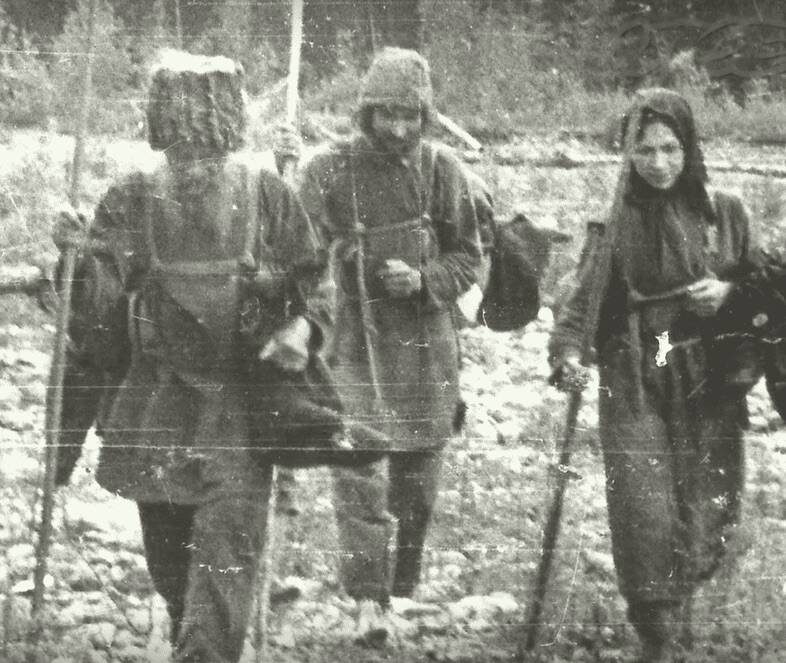
Wikimedia CommonsKarp Lykov and two of his children, Dmitry and Agafia.
In 1978, a helicopter pilot flying a group of geologists over the forests of Siberia spotted something unusual: a clearing several thousand feet up a mountainside.
The clearing appeared to have long furrows, which seemed to indicate that people were living there. This mountain, however, was more than 150 miles from the nearest known human settlement. Furthermore, Soviet authorities had no records of anyone living in the district.
When the geologists onboard learned of the pilot’s sighting, they decided to investigate.
After going up the mountain, they discovered a log cabin beside a stream. The cabin consisted of a single room that was cramped, musty, filthy, and cold. Its floor was made up of potato peel and pine-nut shells. It was hard to believe that anyone actually lived there.
But, incredibly, the cabin had housed a family for more than four decades. And as the geologists got to know the Lykov family, they learned their remarkable story.
The Lykov Family’s Great Escape Into The Taiga
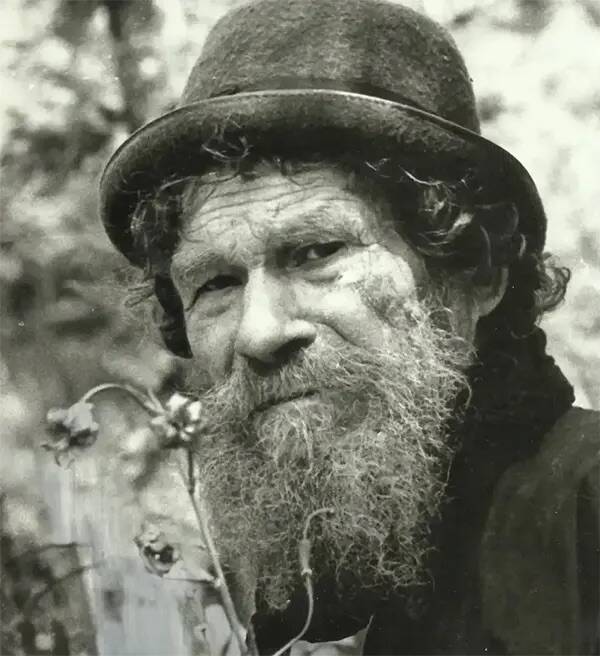
Wikimedia CommonsKarp Lykov, the patriarch of the family.
The Lykov family patriarch was an old man named Karp who belonged to a fundamentalist Russian Orthodox sect known as the Old Believers. Following the atheist Bolsheviks’ takeover of Russia in 1917, Old Believers faced persecution.
The Bolsheviks outlawed Christianity and murdered Karp’s brother on the outskirts of his village in 1936. Shortly thereafter, Karp decided to abandon civilization altogether.
He took his wife, Akulina, and their two children, nine-year-old Savin and two-year-old Natalia, deep into the Siberian forest. There, the family lived in isolation for the next four decades.
During their time in the wild, the Lykov family had two more children, Dmitry in 1940 and Agafia in 1944. Neither of these children would see a human being who was not a member of their own family until 1978.
The Perils Of Life In The Siberian Wilderness
Even though the Lykov family grew in the wilderness, their isolation made survival extremely difficult.
They had to use hemp cloth to replace their clothing and create galoshes with birchbark to replace their shoes. When their kettles rusted, birchbark was the best thing they could get to make replacements. Because these could not be placed in a fire, cooking became much more difficult.
When a snowstorm killed their crop in 1961, the family was forced to eat leather shoes, bark, and straw. Akulina ultimately sacrificed herself, and died of starvation so that her children would have enough to eat.
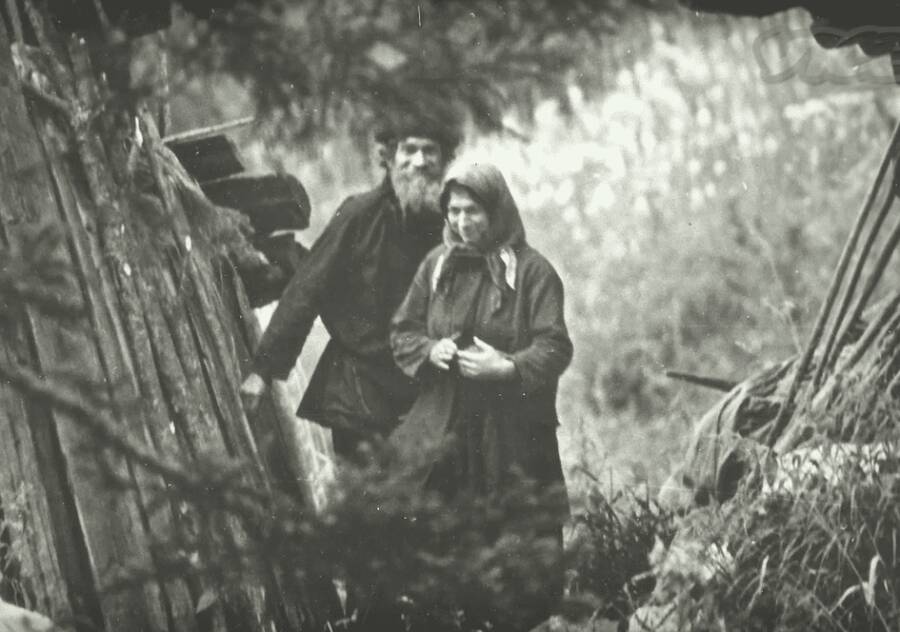
Wikimedia CommonsKarp and Agafia Lykov at their secluded taiga home.
Despite this terrible tragedy, the family endured. They carefully cultivated a single shoot of rye and were eventually able to rebuilt their crop.
“We ate the rowanberry lea, roots, grass, mushrooms, potato tops, and bark,” Agafia recalled of the late 1950s, which she called the Hungry Years. “We were hungry all the time. Every year we held a council to decide whether to eat everything up or leave some for seed.”
Then, almost two decades after Akulina’s death, their lives changed when the Soviet geologists arrived. But the Lykov family wasn’t quick to abandon their hardscrabble lifestyle. Though were living primarily off of potato patties mixed with ground rye and hemp seeds at the time, the Lykov family did not readily accept food that the scientists offered them.
When the geologists first presented the Lykov children with foods like jam or bread, for instance, the children replied that they were not allowed to eat it. Their father, when asked if he’d eaten bread before, replied, “I have. But they have not. They have never seen it.” Ultimately, they accepted a single gift: salt.
But as time passed, the Lykov family also accepted other items from the geologists as well, including knives, forks, handles, grain, pens, paper, and an electric flashlight.
How The World Had Changed Over 42 Years
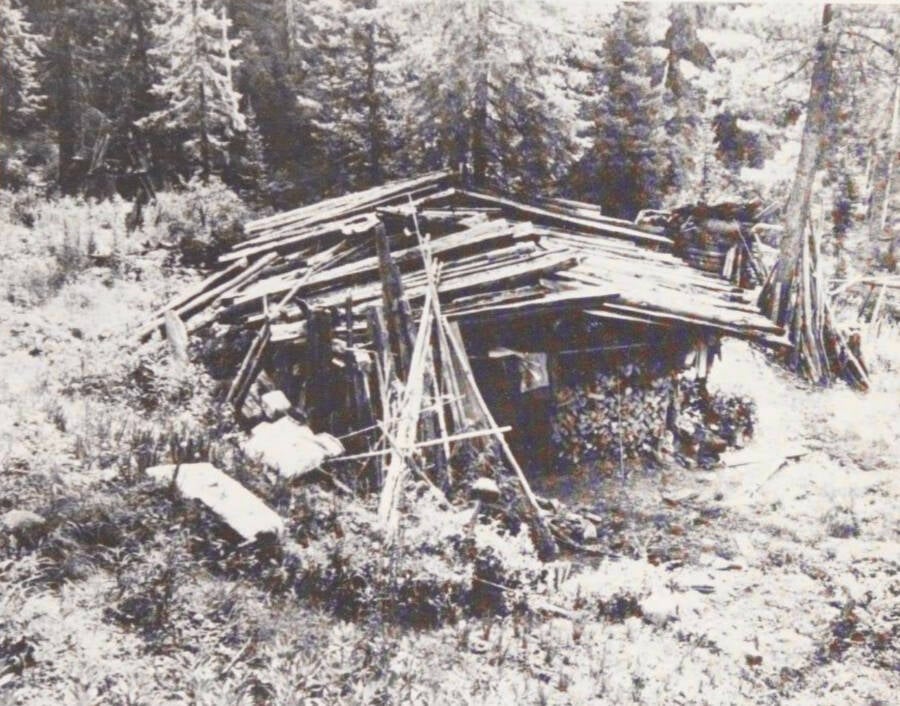
Vasily Peskov/Lost in the TaigaThe small cabin where the Lykov family lived.
As the geologists and the Lykov family grew closer, the scientists informed Karp Lykov of events his family had missed — including World War II. Upon learning of it, Karp shook his head and said, “What is this, a second time, and always the Germans.”
The war wasn’t all the Lykovs had missed, though. The world beyond their little cabin had changed, and changed radically. Cars were commonplace, the Soviet Union had become a global superpower, and mankind had landed on the moon.
The geologists even introduced the Lykovs one of the most important technologies of the era — television, as they carried a small portable one among their possessions. Despite the family believing the television was a thing of sin, they would often meet the geologists at their camp, their eyes transfixed on the moving picture box before them.
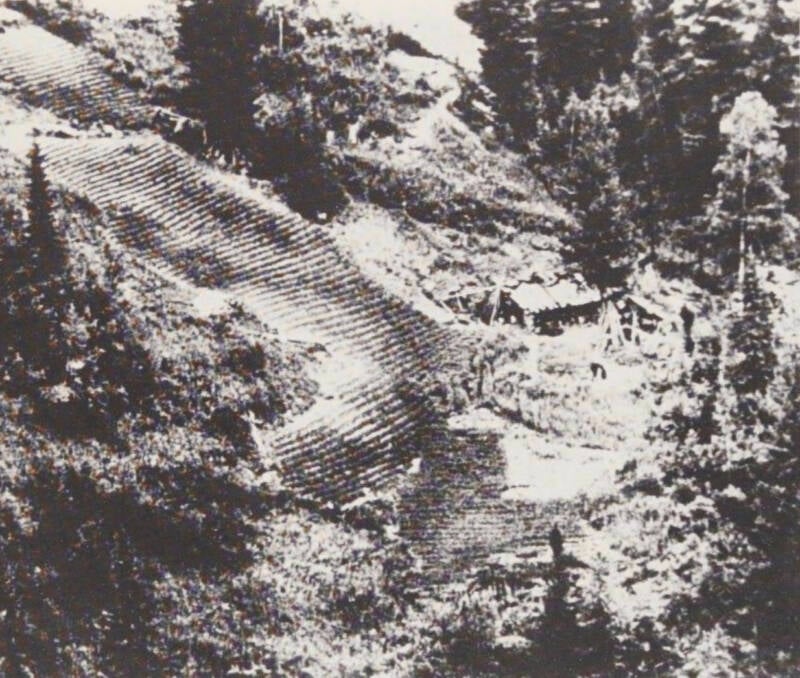
Vasily Peskov/Lost in the TaigaThe Lykov’s home, seen from above.
“The old man prayed afterward,” geologist Yerofei Sedov recalled, “diligently and in one fell swoop.”
For the most part, though, the Lykovs seemed content to maintain their isolation. Unfortunately, that stubbornness beget tragedy, as Savin, Natalia, and Dmitri died suddenly within a few days of one another in 1981.
Agafia Lykov, The Last Surviving Member Of Her Family
When Dmitry got pneumonia, the geologists offered to get a helicopter to take him to a hospital. But he was unwilling to abandon his family and told the geologists, “A man lives for howsoever God grants.”
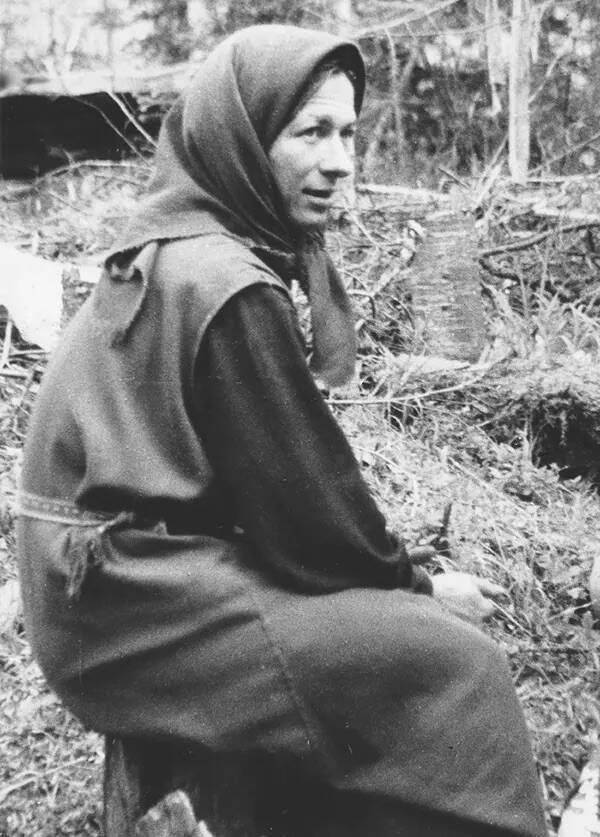
Wikimedia CommonsAgafia Lykov is still alive, living in a newly constructed cabin in the Siberian wilderness.
Some have speculated that the children’s deaths were due to the geologists exposing them to germs to which they had no immunity. However, journalist Vasily Peskov — the author of a 1992 book on the Lykov family entitled Lost in the Taiga — states that this was not the case and that Savin and Natalia suffered from kidney failure.
Either way, following their deaths, the geologists tried to persuade Karp and his remaining child, Agafia, to leave the forest. Both refused to do so. They were devoted to their simple lifestyle. But then, in 1988, Karp Lykov died as well.
“When he died, I had nobody left to help me or to rely on,” Agafia told Vice in 2013. “I cut firewood myself.”
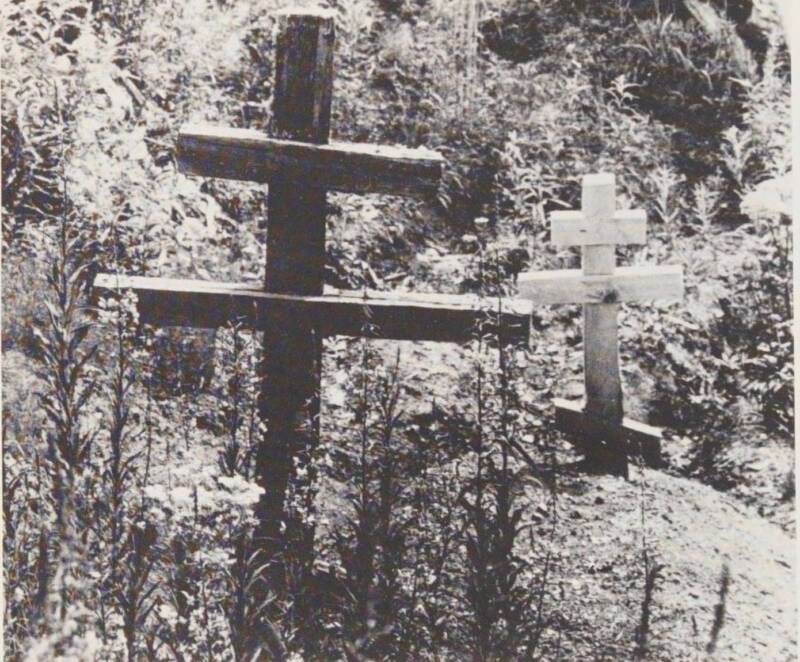
Vasily Peskov/Lost in the TaigaThe graves of the Lykov family.
Life wasn’t quite as lonely as it had once been, though. Yerofei Sedov, the geologist whose camp had once been near the Lykovs, eventually returned to the taiga after gangrene left him without a leg. He began living down the slope from Agafia, but his presence was more of a nuisance to her than anything else — and she didn’t refrain from criticizing him.
“Yerofei is a waste,” Agafia said. “Nobody needs him. He is not a helper. He needs to be helped.”
Despite her harsh comments, the two still got together at Sedov’s every now and then. They would listen to the radio together until Sedov’s death in 2015.
Agafia made headlines again in January 2016 when she, then 71, was airlifted to a hospital to be treated for a leg issue. But once she recovered, Agafia returned to the forest that had long been the Lykov family’s home.
After this look at the Lykov family, have a look at the most remote places in all of human civilization and read up on some of the craziest stories of survival in the wilderness.





